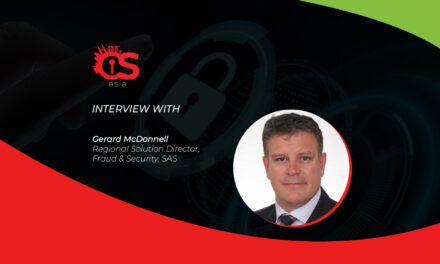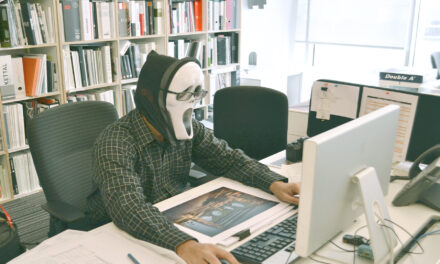Compared to 2021, more respondents in an annual IT survey felt they were confidently tackling the challenges of facilitating hybrid-working
Through a recent global survey of 2,600 IT decision makers of firms with revenues above US$100m across more than 15 countries on the topic of access management, 84% of respondents indicated they had some degree of confidences in their access security systems to allow remote-working to be easy and secure, compared to 56% in a similar survey for 2021.
The data suggests that firms in the survey had remain concerned about the security risks of remote-working, but those concerns seemed to be less severe now.
At the same time, respondents were also growing more confident in the ability of their authentication and access management systems to manage those risks, as 31% of IT professionals surveyed reported having “very high” levels of concerns about the security risks and threats of remote work in 2022, down from 39% in 2021. However, those that were “somewhat concerned” (the most popular response) had increased in ratio from 43% in the 2021 survey compared to 48% for the 2022 period.
Other findings
Multi-factor authentication (MFA) usage remained the most prevalent form of access management for 68% of remote workers and 52% of privileged users. Also:
- 40% of internal and non-IT staff indicated the adoption of MFA in their organization, compared to 34% in previous year’s numbers. On the whole, 56% of respondents indicated MFA adoption. Responses revealed a 6% global increase in plans to deploy standalone MFA, up from 31% in 2021.
- 45% cited the pandemic impacting plans to deploy cloud-based access management, compared to 41% in last year’s respondents.
- 44% of global respondents in the 2021 survey had selected Zero Trust Network Access (ZTNA) and Software-Defined Perimeter (SDP) as their top choice for access management, compared to 42% in the 2022 survey.
According to Francois Lasnier, Vice President of Access Management Solutions, Thales, which commissioned the survey: “The past few years have cemented remote-working and work-from-anywhere as a permanent part of the security landscape, and they have also introduced new security risks and challenges. However, growing familiarity has ultimately broadened awareness on an enterprise level of daily business security risks and has strengthened both confidence and ability in security teams and products to handle those risks and threats properly.”

















